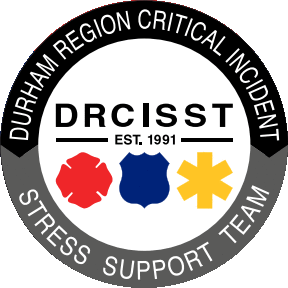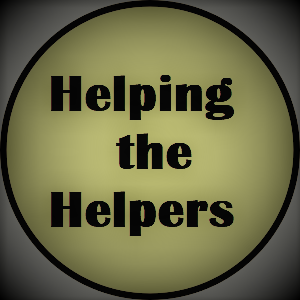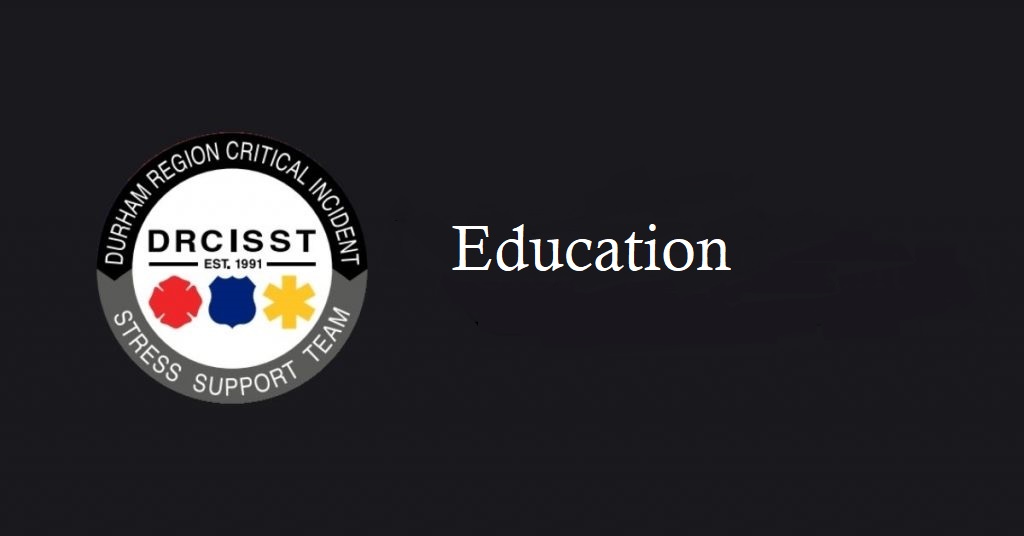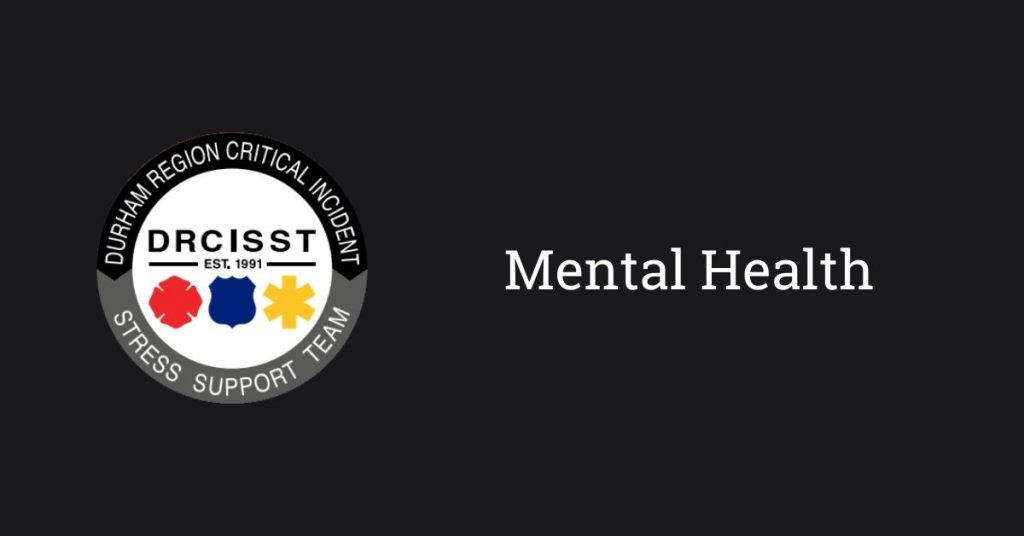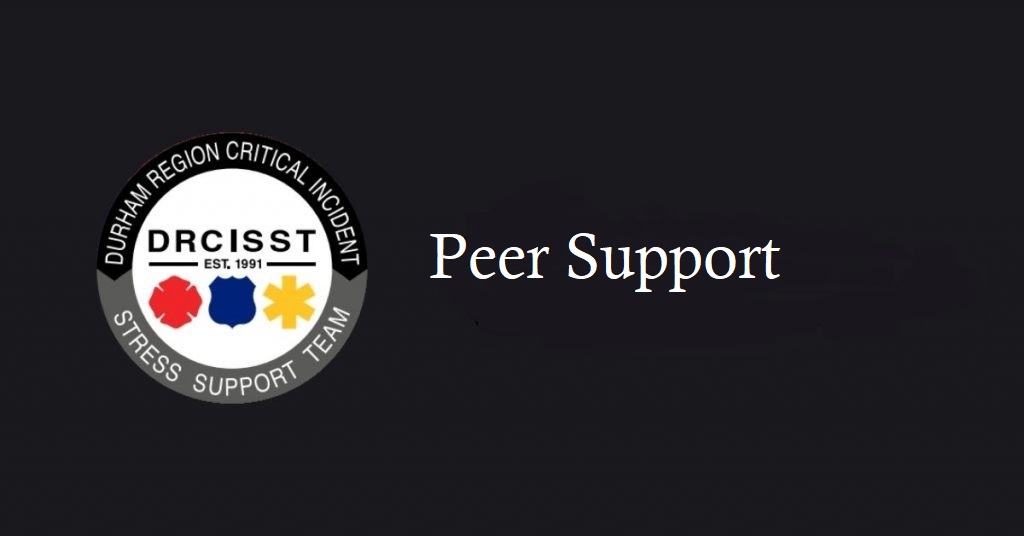CRITICAL INCIDENTS (the stimulus) are unusually challenging events that have the potential to create significant human distress and can overwhelm one’s usual coping mechanisms.
The psychological DISTRESS
in response to critical incidents such as emergencies, disasters,
traumatic events,
terrorism, or catastrophes is called a
PSYCHOLOGICAL CRISIS
(Everly & Mitchell, 1999)
An acute RESPONSE to a trauma, disaster, or other critical incident wherein:
1. Psychological homeostasis (balance) is disrupted (increased stress)
2. One’s usual coping mechanisms have failed
3. There is evidence of significant distress, impairment, dysfunction
(adapted from Caplan, 1964, Preventive Psychiatry
CRISIS INTERVENTION
- A short-tem helping process.
- Acute intervention designed to stabilize and mitigate the crisis response.
- Not psychotherapy.
- NOT treatment for PTSD, depression, nor anxiety!!
IMPORTANT!
Crisis intervention targets the RESPONSE, not the EVENT, per se.
Thus, crisis intervention and disaster mental health interventions must be predicated upon assessment of need.
The SAFER-Revised (Everly, 1996)
Stabilize (introduction; meet basic needs; mitigate acute stressors)
Acknowledge the crisis (event, reactions)
Facilitate understanding (normalization)
Encourage effective coping (mechanisms of action)
Recovery or Referral (facilitate access to continued care)
PTSD:
Requirements:
- Traumatic event
- Intrusive memories
- Avoidance, numbing,
- Stress arousal
- Depression
- Symptoms last > 30 days
- Impaired functioning
PTSD:
Risk Analysis Considerations
- Personal identification with event
- Important Core beliefs / expectations violated
- Extreme physical pain
